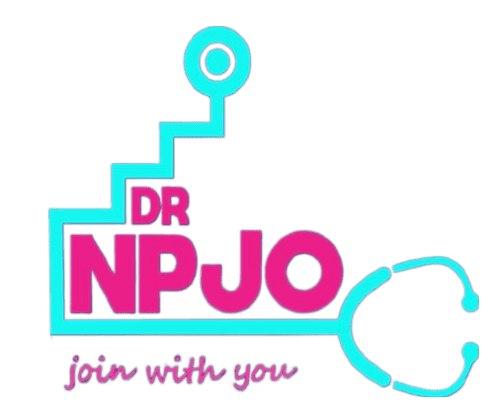The nurse practitioner job interview series would feature posts addressing job interviews, preparations, and expectations.
In this part of the series, we will briefly dive into a general overview of what to expect and be cautious about in the job interview journey. Let’s go…

Congratulations! You’ve just completed your nurse practitioner (NP) program, or maybe you are approaching the end of your nurse practitioner education and are now ready to take on the world of healthcare with your first job. But before you can start working, you must ace the job interview. Don’t worry; we’ve got you covered.
As a professional, expect your NP job interview to be in at least 2-parts or sessions. The first part is usually less-clinical stuff and more about you. The second part is more clinical stuff, where you answer questions related to your field of study and clinical patient scenarios. The number of interviews may be more connected to the size of the hiring organization. For example, a private clinical practice may conduct one phone interview and bundle the in-person interview with a share day. A large organization may conduct a phone interview to hear about you, then move you along to other hiring team members for additional interviews and, often, a separate share day.
Two important things to note:
1) The share day is not just for you to get a glimpse of the organization; It is also an opportunity for the organization to get a glimpse and assess you based on your physical presence, interaction, and other qualities that can be picked up about you quickly. Do not be surprised that your would-be colleagues are also sizing you up.
2)Be cautious about an impromptu phone interview. This is when the hiring personnel calls you up without any prior schedule and wants to conduct a job interview on the spot, unplanned and unscheduled. It may sound something like this “Hi…I wondered if this is a good time to quickly review a few items just to get to know you.” I call that the “bait speech.” Be mindful that the questions may vary as much as the recruiter’s criteria; you may find yourself answering questions beyond what you understand as “getting to know you.”
It would be appropriate to be honest if you are not in a good location or mindset and reschedule for another time. For example, you were at a medical appointment or home with your loving, loud family members or young children. If the earlier was the case, politely notify the interviewer and agree on a callback time. If the latter was your case with young children, be polite, and let them know that you would like to take the call, but your young children may be too loud and distracting. Kindly reschedule the phone interview.
Be cautious with accepting a phone interview when you know there will be unavoidable background noise, which may become distracting and send the wrong idea about you. Whatever scenario would apply to you whereby you could not complete that phone interview, be sure to finalize an appointment for a future date and time.
More to note:
2a) Since recruiters and hiring managers are often strapped for time, having an action plan for such impromptu phone interviews would be beneficial once you start sending out job applications. This plan should address what to do if you receive an unscheduled phone interview in a public place. It should also address some practice responses to common interview questions, such as; tell me a little about yourself. Remember, a bird at hand is worth more than a thousand in the forest. Hence, be prepared to make the best out of an impromptu phone interview, giving the recruiter/hiring manager less room to escape from hiring a great employee like yourself (elevator speech).
The bottom line is once you start applying for a job, you may get an unscheduled phone call from a recruiter. You should strive to complete that phone interview. But if the situation and environment are not conducive or appropriate to receive a phone interview, ensure you obtain a call-back interview as soon as possible during that same phone call.
In the next post, we’ll discuss nurse practitioner job interview questions to help increase your chances of scoring the first NP job you want, with little to no surprise.



